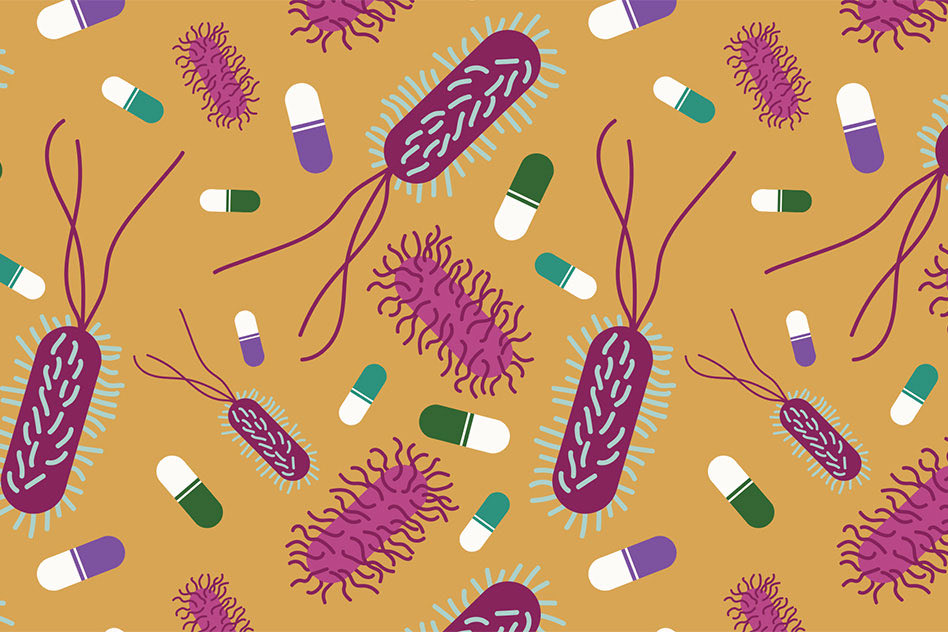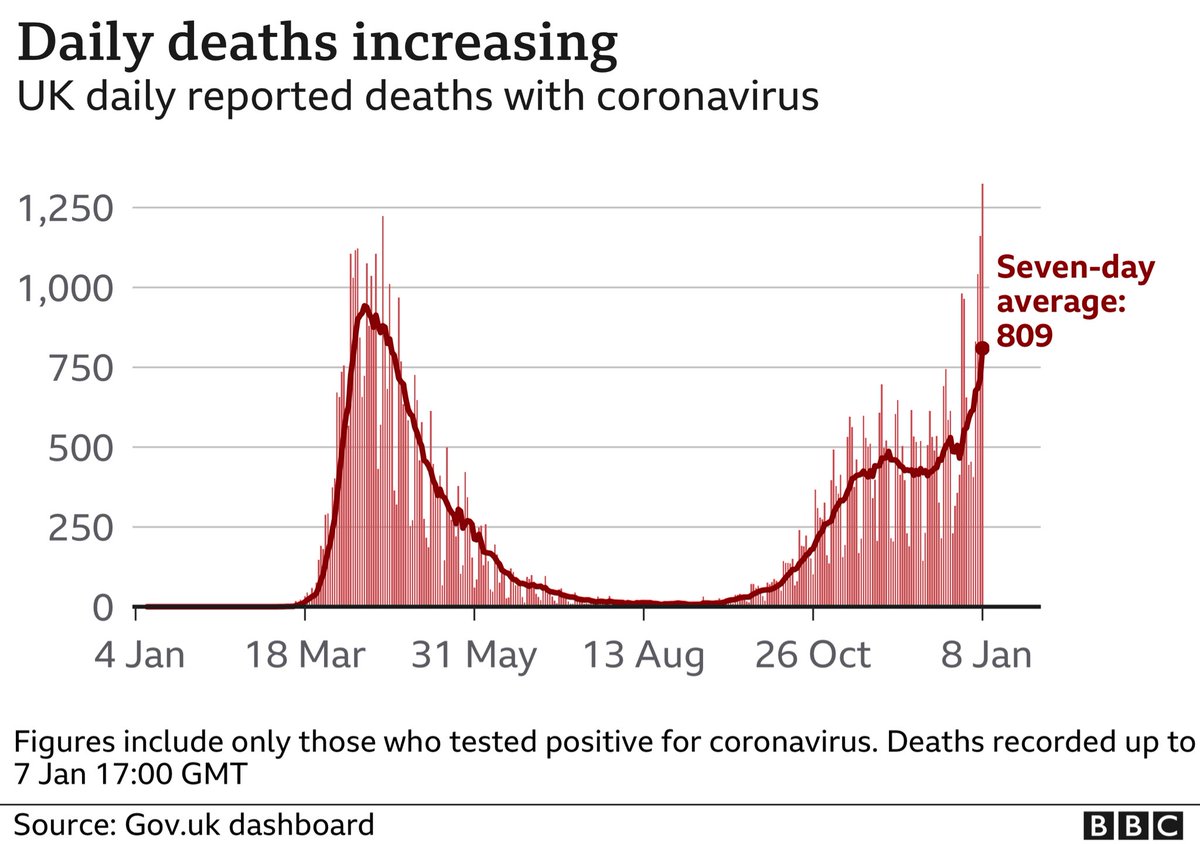
This one might tweak your brain. There would be MORE interest in developing new antibiotics if NO ONE needed them today. Huh? Yep... let’s think about it. Today, no one needs drugs for smallpox nor pandemic flu. But those have been developed precisely because... 1/18 

...we KNOW that we MIGHT need them in the future. The US contracts through BARDA w/ companies to develop drugs & vaccines (commit to buying a certain number of doses/year at a guaranteed price) b/c it’s buying an insurance policy. Members of Congress understand that. 2/
Media seems to understand that. Academics understand that. Presumably the public understands that. Drugs we don’t need AT ALL today are still worth buying to have in our back pocket JUST IN CASE. Logical. It’s insurance! 3/
That’s exactly what’s most useful about new antibiotics. We know that bacteria are always evolving resistance to antibiotics we have (just like COVID is evolving to become resistant to the first vaccines). So we need to make different antibiotics to stay ahead of the bugs. 4/
That’s true for Covid vaccines and antibiotics. And YET! Why if we have managed to developed drugs for smallpox and pandemic flu strains are we not seeing much interest in developing new antibiotics to combat future superbugs? BECAUSE... we actually NEED them a little but NOW!
What?! Yes. New antibiotics are sometimes today for the few people who get infected w/ still rare bacteria that are resistant to all old antibiotics. The problem is that’s when they are paid for... ONLY when actually used. So revenues are low. 6/
And b/c latest antibiotics sell poorly, innovators/investors see no reward for next generation antibiotics. Yet their real value is in reassuring us against what’s coming for us in the future. Sadly, we don’t even talk about (let alone pay for) their “reassurance” value. 7/
IF ONLY no one needed them, we would be developing them under contracts w/ BARDA that assured a reward for success. This is exactly the kind of thinking that has some economists proposing that new antibiotic development be incentivized with promises of “subscription contracts”.
Companies would then make and sell doses of these antibodies and get paid whether they are needed or not at any given time, just as for smallpox or pandemic flu. As with insurance, better to never need it, though we remain reassured we have it. 9/
Unfortunately, this kind of “freakonomic” thinking is uncommon. So we continue to worry about millions dying in coming decades from multi-drug resistant bacteria simply because today we RARELY need these antibiotics instead of not at all. 10/
This notion of “insurance” or “reassurance” value isn’t just relevant to infectious diseases. If your partner has ever told you they felt a nodule & you worried for them, your kids, your whole family b/c cancer is scary, you know the pain of fearing a disease. 11/
Thankfully, cancer survival rates continue to improve b/c we have better screening, diagnostics, surgical procedures, & drugs. Over time, drugs go generic, becoming inexpensive yet still saving lives, freeing up room in our budget for new medicines. That’s progress! 12/
And with each step forward, each new test and drug, we are pushing back cancers such that someday we’ll live with much less fear of cancer on our minds, just as we don’t give a second thought to smallpox, just as antibiotics make an abscess less scary than would be 100y ago. 13/
Treatments we develop for all sorts of diseases are therefore not just for the benefit of those who actually needs them (as most assume) but for everyone who fears they someday might need them, too. In other words, biomedical innovation offers more peace of mind. 14/
There is reassurance value in all drugs, and that value is being overlooked in all areas of innovation EXCEPT for smallpox, anthrax, pandemic flus, and other such diseases where we aren’t distracted by anyone actually needing treatment today. Ironic, isn’t it? 15/
And when people support price controls & look to cost effectiveness formulas (eg ICER) to tell us the “correct” price to pay for a drug, they don’t realize such math doesn’t take “reassurance value” into account. Such math only values wellbeing of people actually treated. 16/
So those formulas would say that indeed new antibiotics aren’t worth it & neither are smallpox drugs nor vaccines for pandemic flus we haven’t suffered yet. These formulas COULD be amended to reveal overlooked reassurance value, making these products worth paying for...
...& some economist have made this case... but for those set on price controlling drugs, upgrading the math interferes w/ a vote-winning anti-pharma political strategy that’s easier to understand. It’s cynical, but now at least you know what’s up & what’s at stake. 17/
If you find this interesting, consider reading my book, thegreatamericandrugdeal.com We can solve affordability w/insurance reform (lower out of pocket!), should encourage innovation to save money & improve life, & can get value by ensuring all drugs go generic w/o undue delay. 18/18
• • •
Missing some Tweet in this thread? You can try to
force a refresh




